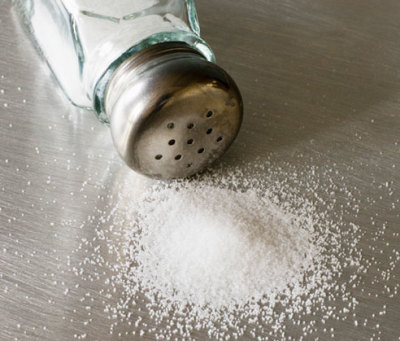Say what’s right. Our prayer as Christians should always be like David’s; that “the words of my mouth, and the meditation of my heart, be acceptable in thy sight, O LORD, my strength, and my redeemer” (Psalm 19:14). Knowing our words ultimately reflect what is in our hearts (Matthew 12:34), our foremost desire must be to ingest that which is righteous. If we do not saturate our lives with truth and goodness, our words will never themselves be true and good. But upon that established fact, efforts must be continually made to carefully guard our words. It is amazing how one ill spoken statement can dramatically change the landscape of our lives and the lives of others. We influence people by our words, whether it is in common conversation or in efforts of teaching the gospel. However, if evil and error are reflected by our words then we have essentially joined in to the world rather than standing out from the world. If we are truly going be the salt of the earth to the gaping spiritual wounds of the world, we must be committed to saying what is right.
Do what’s right. Saying what is right will be in vain if our lives, too, do not reflect purity and godliness. Hypocrisy is a death nail to any person’s efforts of evangelism and good will. Worldly minded people want complete control of their own lives. They want to satisfy any lust for pleasure and feel justified in such, absent of any accountability. But if we, as Jeremiah, conclude “that the way of man is not in himself: it is not in man that walketh to direct his steps” (Jeremiah 10:23), it sends a very strong message of reproof to their mindset. It opens their eyes to the fact that there is another way to live. Not a way that is self-centered, but one that is God-centered. And such a realization will enrage a great many people, again because it represents a condemnation of their lifestyles. But it also will be a means of teaching them about that great and better way paved by Jesus Christ (Matthew 7:13-14). Thus if we are seeking to be the salt of the earth to a wounded world, we have to do what is right.
Encourage what’s right. Not only is there the need to directly influence our own lives according to righteousness and thereby indirectly try to influence others, often there is great opportunity present in directly exhorting others to set aside the wrong mindedness with which they have approached life and seek God’s way. Paul always sought to be an example in word and deed of harmony, unity, and faithful living. But at times he saw it necessary to speak up and out for what is right. To the Corinthians he said, “Now I beseech you, brethren, by the name of our Lord Jesus Christ, that ye all speak the same thing, and that there be no divisions among you; but that ye be perfectly joined together in the same mind and in the same judgment” (1 Corinthians 1:10). Is that not hitting the nail on the head? Sometimes it is necessary to call a spade a spade. And when done so with the proper mind, heart, and action, a direct call to action can be very effective in serving as the salt of the earth to a weak and withering world.
Pain is never enjoyable, but the old adage is that “whatever does not kill us will only make us stronger.” The world will not and does not appreciate our attempts to display for them lives of righteousness. It hurts inwardly and agonizingly. But ultimately, we know that such efforts are done in hopeful anticipation of a great eternal good that will bless them forever in heaven. If a temporary pain will bring about eternal joy, I do not mind if my life serves as salt to an open wound.

